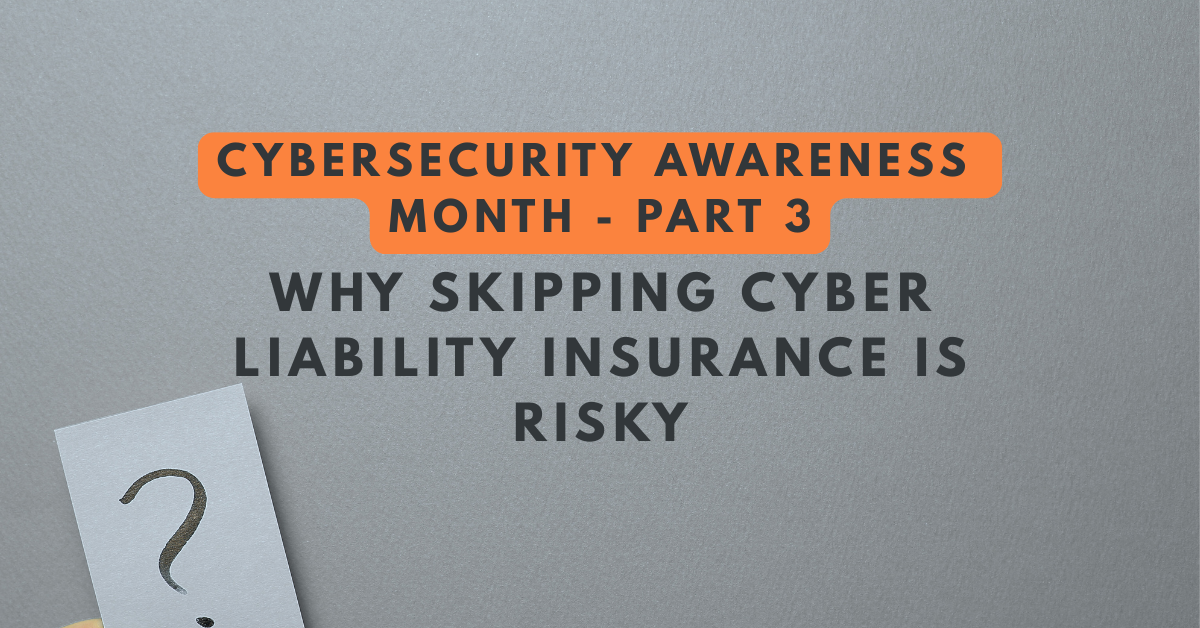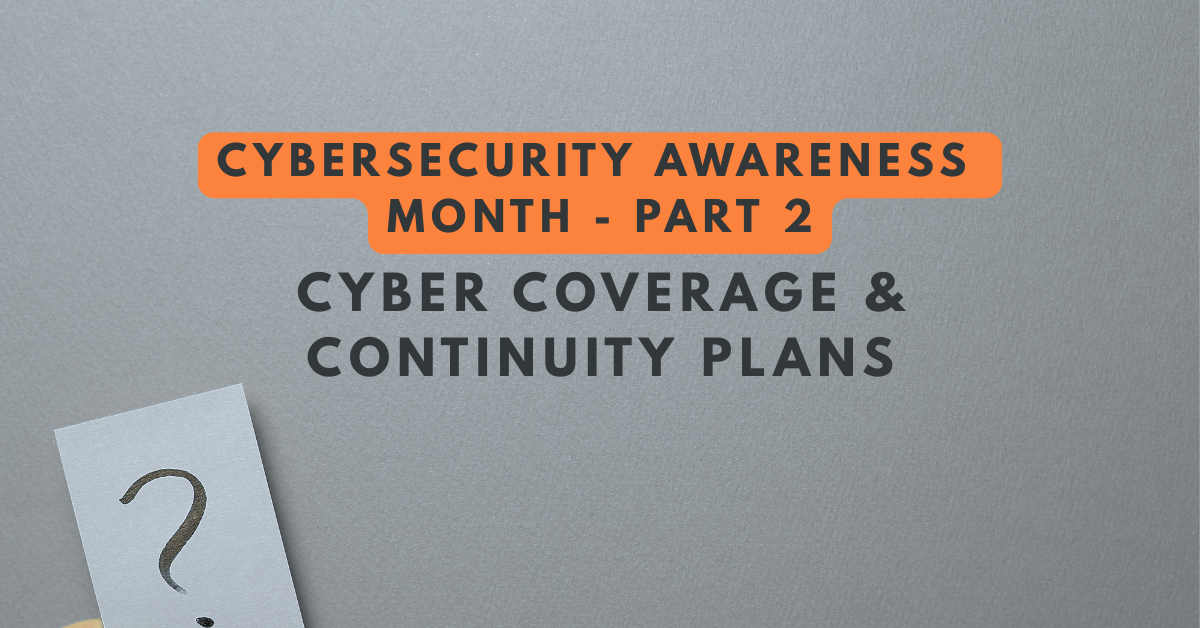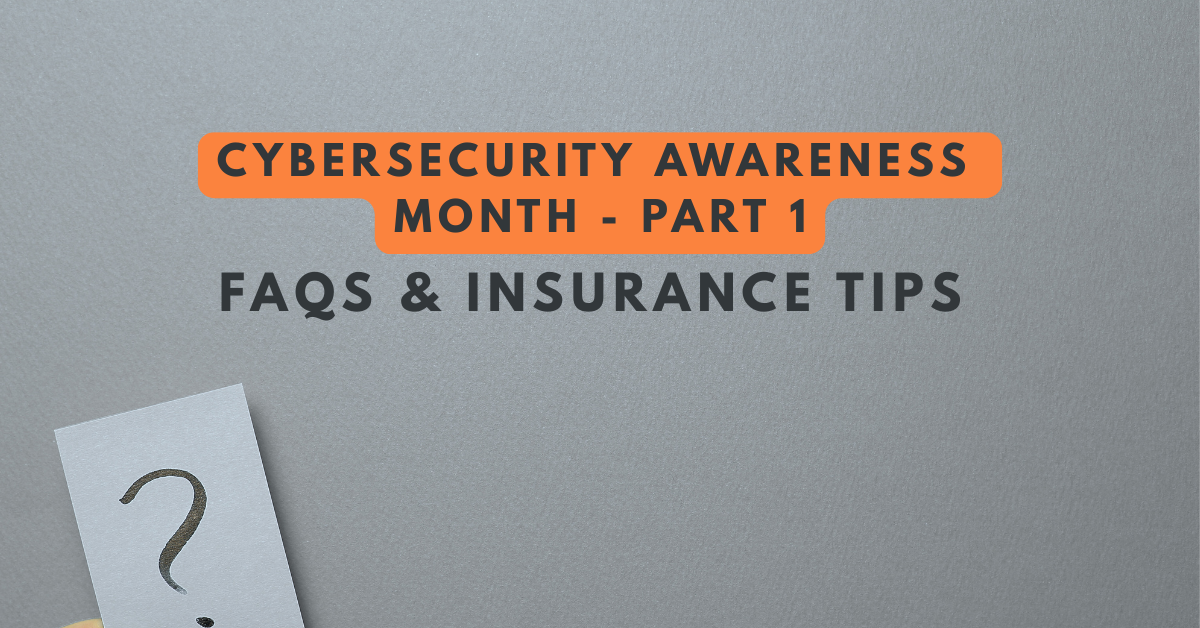Weathering Storms with a Business Continuity Plan
See How We're Different
or call us: (858) 384‑1506
Just last month, Hurricane Beryl made landfall in Texas as a Category 1 hurricane, causing catastrophic damage to homes and infrastructure. The storm caused widespread property destruction, prolonged power outages and significant economic disruption throughout these areas.
As we have seen with Hurricane Beryl and countless other storms, particularly in coastal areas, weather events can cause extensive halts to business operations and massive financial losses.
With the unpredictable nature of these weather events, planning for business recovery is critical.
Two of the most important things a business can do are: create a Business Continuity Plan and include Business Interruption Insurance as part of that plan.







